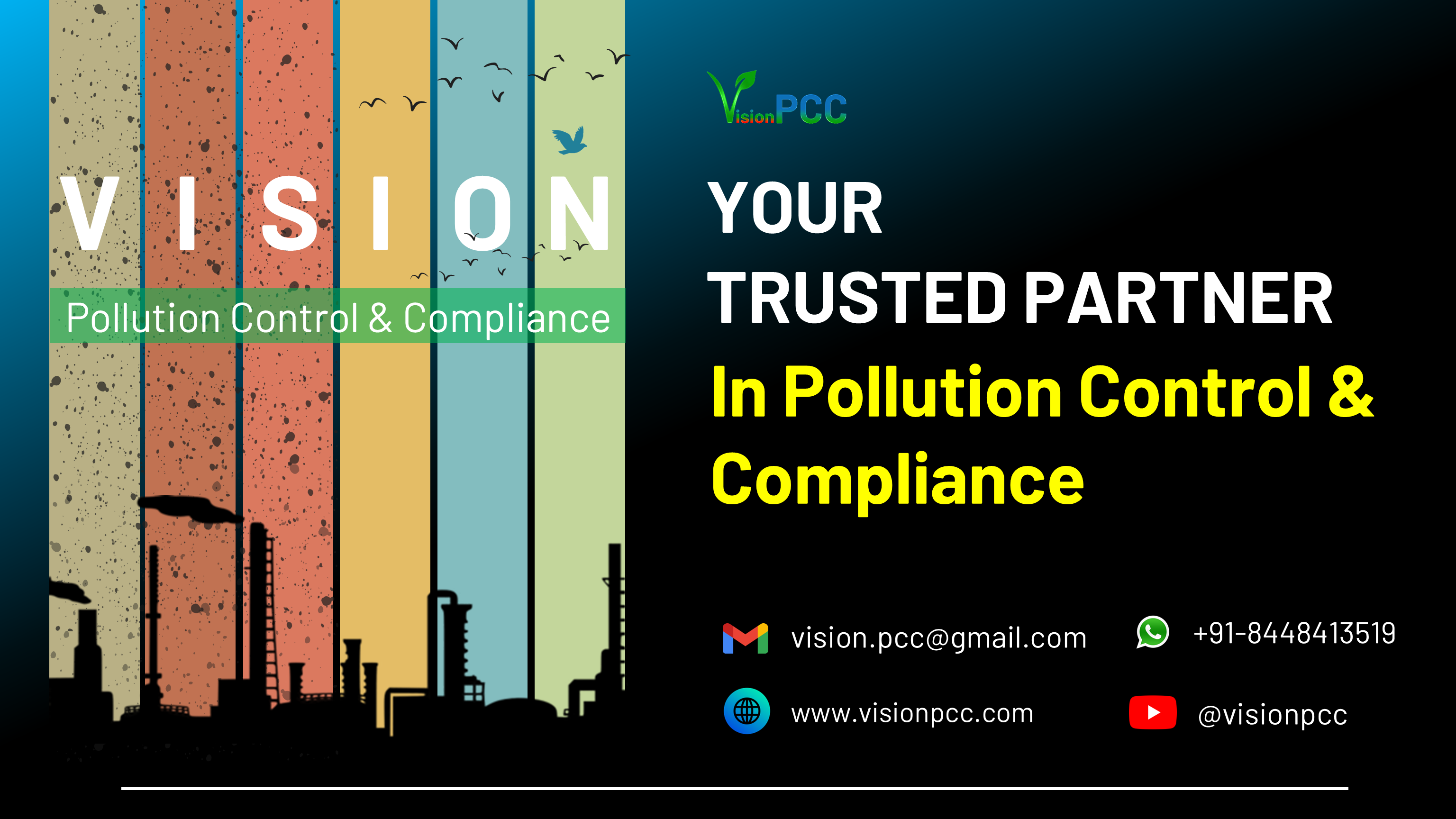Environmental Bulletins :
NGT takes suo motu cognizance of illegal sand mining in Yamuna floodplain:
The National Green Tribunal (NGT) has taken suo motu cognizance of the increasing scale of illegal mining in the Yamuna floodplain between Alipur in North Delhi and Panchayara in Ghaziabad. The original application is registered suo-motu on the basis of the news item dated November 30, 2024.
As per the article, sand miners in the region have been building makeshift roads across the Yamuna, which have enabled them to transport excavators and carry out mining operations in the floodplains.
The article highlights that these roads are often constructed by placing wooden planks and sandbags across the riverbed, are not authorized under any mining leases and are causing considerable damage to the fragile ecosystem of the river. This practice is part of a longstanding pattern where miners bridge the Yamuna every winter, only for the roads to be washed away by monsoon floods, before being rebuilt the following year.
The article alleges that the river’s banks have also been plundered by the sand mafia, damaging its ecology and making it prone to large-scale encroachment.
The article states that rules don’t permit mining on the riverbed, and the use of heavy machines is not allowed. On the floodplain, excavations are not permitted beyond a depth of 3 metres, and the lessee must ensure the flow of the river is not impeded in any way.
Furthermore, the article alleges that sand mining itself can be severely detrimental to a river for several reasons. It could increase a river’s gradient, lead to excessive sediment transport, erosion and damage to instream habitat, erosion along the banks and changes even in the morphology of a river. Moreover, the construction of temporary roads with polypropylene bags could further disrupt a river’s ecosystem. These activities can alter the riverbed, increase erosion, change its course, and even lead to flooding.
The Principal Bench, comprising Justice Prakash Shrivastava, Chairperson, and Dr A. Senthil Vel, Expert Member, has registered an original application based on the news article and has impleaded several respondents, including the Uttar Pradesh Pollution Control Board, the Delhi Pollution Control Committee, the Central Pollution Control Board, the Ministry of Environment, Forest and Climate Change, and the District Magistrates of Ghaziabad and North Delhi.
The NGT has issued notice to the respondents, directing them to file their responses/replies by way of affidavit at least one week before the next date of hearing. The matter has been listed for further hearing on April 14, 2025.
Source: Indialegallive.com

GET IN TOUCH
Ready to take the next step towards environmental excellence? Contact us today to learn more about our services, discuss your specific needs, or schedule a consultation with one of our experts. Together, we can create a cleaner, greener future for generations to come.
+91-844-841-3519
Secure Your Pollution Control Board NOC with Ease!
Obtain your Consent to Establish (CTE) and Consent to Operate (CTO) under the Air and Water Acts hassle-free.
We assist you in complying with State Pollution Control Board regulations, ensuring smooth approval for your business operations.

